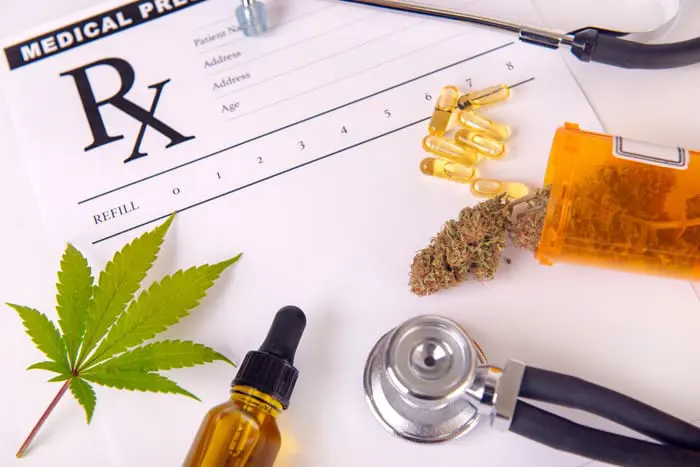Ah, the joys of pet parenthood—midnight zoomies, unexpected face licks, and of course, the ever-mysterious “what did you just eat!?” moments. But when your furry friend’s stomach starts acting up more often than a toddler at a salad bar, it’s no longer cute—it’s a concern.
Digestive issues in pets are surprisingly common. From bloating and gas that could clear a room to suspicious puddles by the door, pets can suffer from a wide range of tummy troubles. And while diet, exercise, and medical treatment are essential, there’s a new helper making waves in the pet care world: CBD.
Decoding Pet Digestion: When Belly Rumbles Mean Trouble
Whether your dog is a culinary daredevil or your cat gets queasy after every car ride, the signs of a troubled gut are hard to miss:
- Vomiting or frequent regurgitation
- Gas, bloating, or abdominal discomfort
- Diarrhea or inconsistent stools
- Loss of appetite or food refusal
- Excessive grass-eating (not for salad reasons)
The causes can range from food allergies to stress, parasites, or inflammatory bowel diseases. And let’s face it—while pets are adorable, they’re not the best at expressing, “Excuse me, I think I’m lactose intolerant.”
The Gut-Brain Connection… and Where CBD Comes In
Pet digestion is closely linked to overall mood and nervous system activity. Ever notice your dog gets an upset stomach before a vet visit? Or your cat skips meals when something’s changed at home? Stress and digestion are deeply intertwined.
Here’s where CBD enters the picture. Cannabidiol (CBD) interacts with the endocannabinoid system—a regulatory system in both humans and pets that affects mood, inflammation, pain, and yes, digestion.
Potential benefits of CBD for pets with digestive issues include:
- Reducing nausea and vomiting
- Soothing intestinal inflammation
- Improving appetite
- Promoting calmness during stress-related digestive flare-ups
And no, it won’t get your pet “high.” CBD is non-intoxicating, safe when dosed properly, and can be a valuable addition to a holistic digestive care routine.
How to Give CBD Without Upsetting Their Gut Further
The last thing you want is to upset an already-sensitive tummy. Here’s how to do it right:
✅ Start Small
Begin with a low dose of CBD and monitor your pet’s reaction over several days. Slow and steady wins the belly race.
✅ Choose the Right Form
Some pets tolerate CBD oil drops, while others prefer treats. Look for options specifically made for digestion-sensitive animals (avoid artificial flavorings, fillers, or junk).
✅ Mix With Food
Adding CBD to a small portion of bland food—like plain chicken or rice—can help ease the introduction. This is especially helpful after a digestive upset.
✅ Keep it Consistent
For ongoing tummy issues, regular use is key. Track symptoms and see how your pet responds over time.
In the midst of finding the right method, make sure to explore formulations made especially with pets in mind. The right CBD for Pets product can make all the difference in how effectively and gently your furry friend adjusts to their new supplement.
But Wait… Always Talk to Your Vet
While CBD can be a helpful part of your pet’s digestive support plan, it’s not a substitute for professional veterinary advice. Digestive problems could indicate something more serious, so it’s wise to get your vet’s green light before introducing anything new—even the good stuff.
In Conclusion: Happy Tummies, Happy Tails
CBD won’t turn your couch-surfing Labrador into a vegan yoga instructor, but it might help ease the bloating, gurgles, and “oops” moments that come with tummy trouble. With a gentle approach and proper vet guidance, CBD can be a secret weapon in your pet’s wellness toolkit.
Because every tail wag deserves to be powered by a happy belly.




